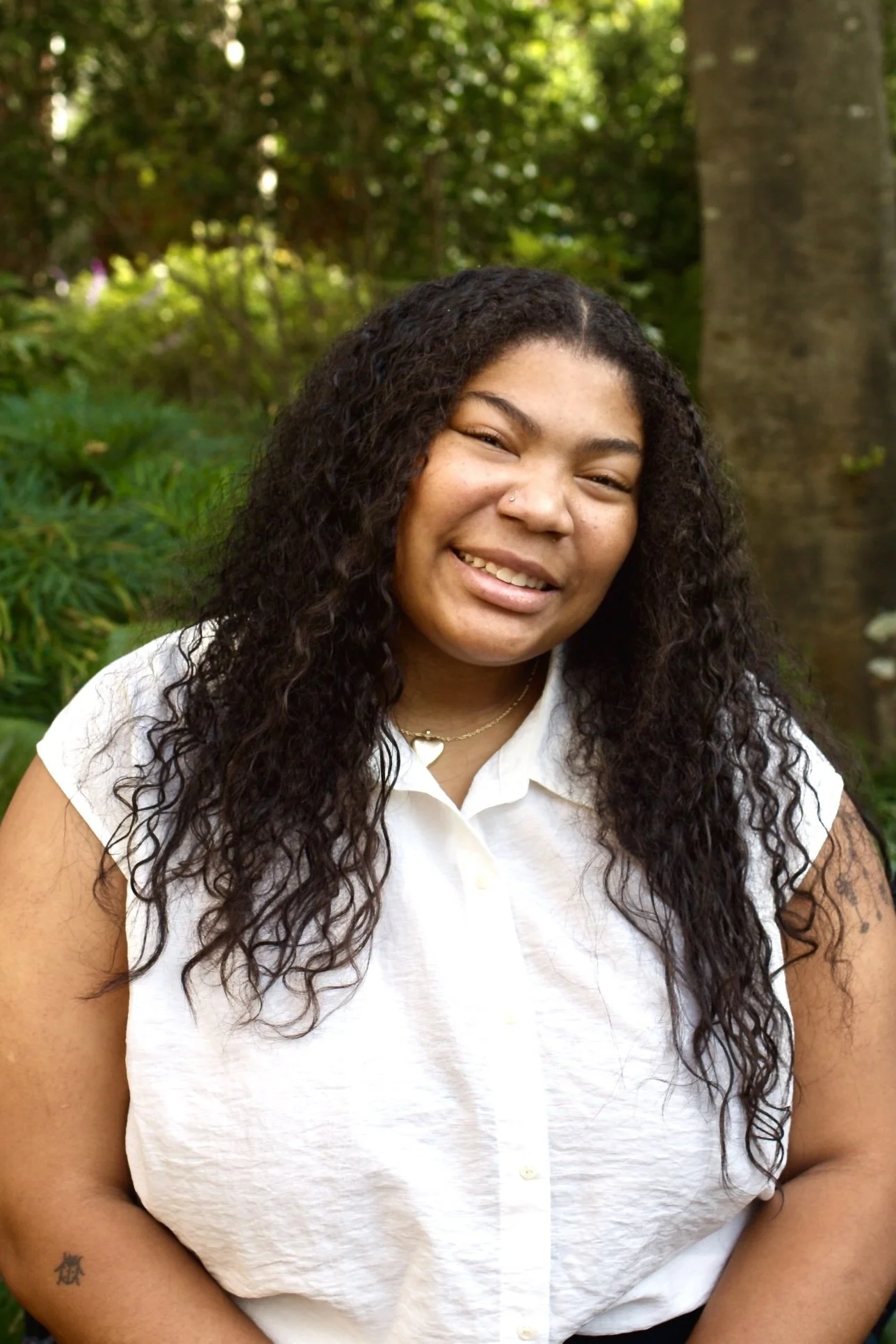Paige B.
Photography by Ginny Burt
If you’re reading this, know your anxiety does not define you.
I have grown into my personality so much since going to college, but as a young child, I was always known for crying too much. I would get scolded and kicked out of class by my school and dance teachers for crying too much. I was told I needed to be more like my mom and have thicker skin. As I got older, I realized I would cry out of fear and nervousness, and these cries would turn into panic attacks. After my mom noticed how typical this behavior was in me, she took me to a psychiatrist, and the summer before my sophomore year of high school, I was diagnosed with generalized anxiety disorder. At first, I didn’t understand what this meant. I knew these were new words to explain how I was feeling. As I matured, I realized that this was the sickness I felt before performing and the knot in my throat before I gave a presentation.
My mom registered me with my school’s disability resources. I am thankful for her support through this diagnosis because she helped me find the needed resources. At first, I felt so guilty for using this because I thought I was given an unfair advantage. Still, she explained that I was starting behind my peers, and these accommodations brought me to where they were.
One of the most challenging things for my anxiety was having to explain to my friends what my anxiety was. My friends at school would only see me be pulled out of the room for tests and quizzes, and they would assume I was getting a leg up, so I never tried to explain it to them. But my dance friends saw me when my anxiety was at its highest. They would see me at the times when I couldn’t stop crying and at my worst anxiety attacks. Since I was so much closer to them, I took the time to explain it to them, and a lot of them were so understanding and helped me get through my panic attacks when my parents couldn’t be with me. But you have to remember that not everyone will support you. Some of my peers at dance would continue to make fun of me for crying and other things that my anxiety made me too scared to do. A lot of my dance teachers were also supportive. Still, one continued to single me out and used my anxiety against me. I am grateful for her because, in the real world, there will be people who aren’t going to try to understand me.
While this experience was difficult for me growing up, I feel like I came out with a newfound understanding of myself. I learned that crying was how I expressed myself and that showing emotion was perfectly healthy. So, I stopped beating myself up for crying about things I cared about.
I now understand myself and others’ emotions like I never did before. Coming into college, I did an extended orientation. I immediately felt at home with those at the University of South Carolina. Whereas previously, I felt like I had to be careful what I told my friends, with this program, I felt like I could tell them anything and be fully and unapologetically myself. This was when I realized the people at USC would be nonjudgmental and that these people were going to be my people. I continued to join more organizations and apply for leadership roles, and this is where I found my people. People would buy back into me and push me to be a better person every day. Just because I found such a strong support group early did not mean I had wholly squashed my anxiety. Sometimes, I would have anxiety attacks or fits of crying, but from the tools, I learned about myself and I learned from my peers.
From this message, I would like the reader to know that you do not have to deal with your anxiety alone. Please use your support system; more people are willing to help you than you know. Also, wearing your heart on your sleeve is okay, and it is absolutely cool to care.
Paige B., University of South Carolina
Connect With Us
To follow IfYoureReadingThis at UofSC on Instagram, get in touch with our chapter, and learn about more resources available to UofSC students, visit our chapter’s homepage.
AUTHOR CONTACT
This author has opted to allow readers who resonate with their story to contact them. If you would like to speak to the author of this letter about their experience, please use the form below.

